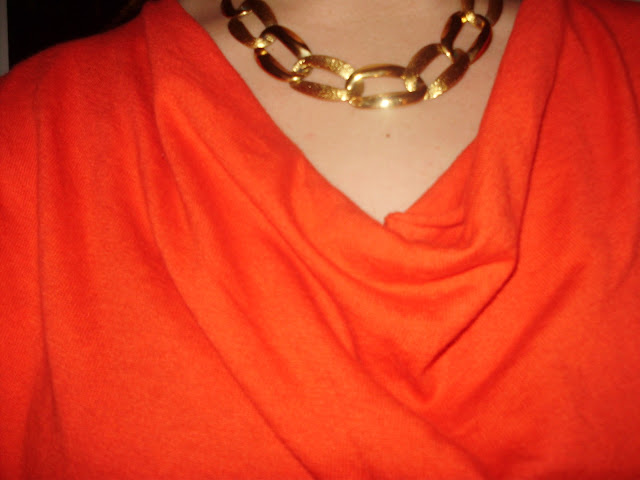(image taken from Elizabeth May Writes)
(image taken from Feminspire)
(image taken from Telegraph UK)
Yesterday, I voted for the first time, in any election, excluding, of course, those pivotal and excruciating elementary school class president races. It is the day after, a day notorious for its sense of anti-climax, an argument that this rant is late and untimely, yet I care little; hard-fought democratic principles and freedom should not be celebrated only the first Tuesday of every fourth November. As I left the senior citizens center up the road from my apartment building, where I had been calmly escorted into a lackluster booth, one that was akin to a wardrobe changing station on a beach from a bygone era, made my informed selections based on ideology, policy, and integrity, I was imbued with a sense of accomplishment and pride, a sensation that, in fact, took me back a bit.
Four years ago, when I technically first could have participated in the honor of American democratic process, I abstained, for a variety of reasons: I was, and continue to be, very skeptical of the electoral college system, in staunch opposition to the long and costly pageantry campaign tactics brandished and flaunted by the two firmly entrench political parties, and inundated with frustration at the myopic, fanatical, almost religious-like loyalty that is applied to the rhetoric of both main parties, without discernment, question, skepticism, or some healthy discontent. The notion of such a clean and simple dichotomy, on both sides, is, for me, unsettling at the very best, and absolutely petrifying and dangerous at the worst. While I do not exactly regret my decision to abstain from the election, I have evolved in my feelings on how to best manifest my political philosophies.
It is daunting and harrowing to think that almost one hundred years ago, women were fighting, with rhetoric, with civil, intellectual, and political argument, with action, with demonstration, sometimes with violence, for the right to vote. The United States is a country founded, and continually shaped and changed, by the revolutionaries, the very few willing to contest tradition and expectation, for, simply, what is right and what is good. Against tremendous opposition, these revolutionaries pushed against popular, complacent, accepted conditions, whether they were philosophical, socioeconomic, political, or biological, physical, connected to the very essence of being a human citizen on our earth and in our country. We are wholly indebted to them, and maybe, at some point in our lifetimes, there will be a very few of us, visionaries, who will confer further forward movement.


































